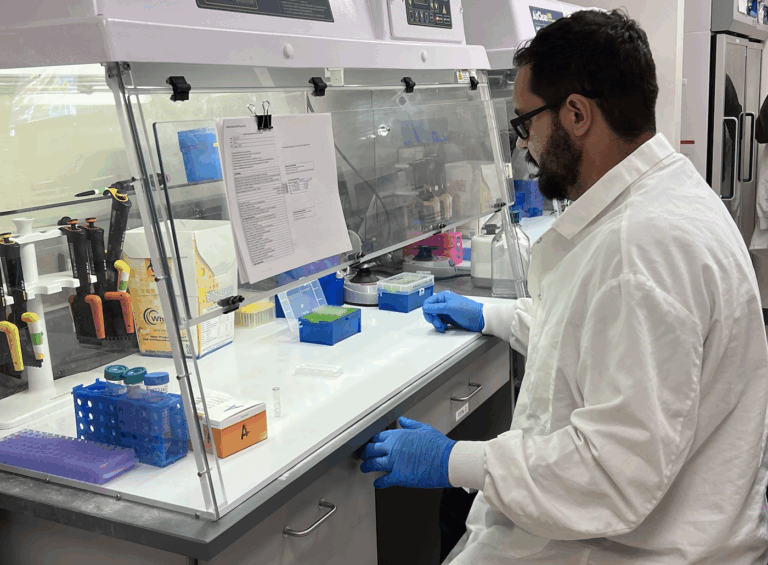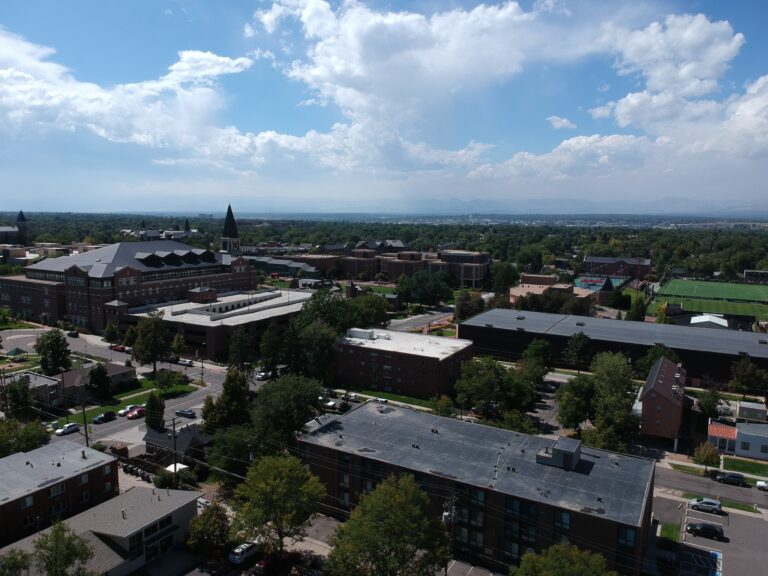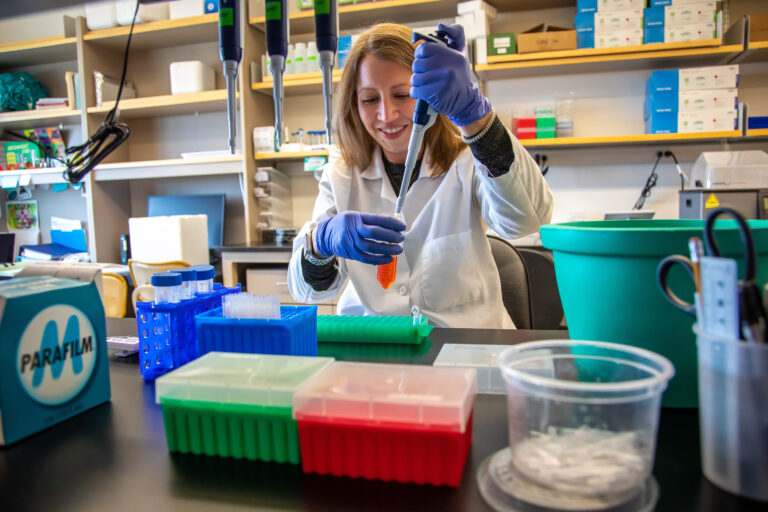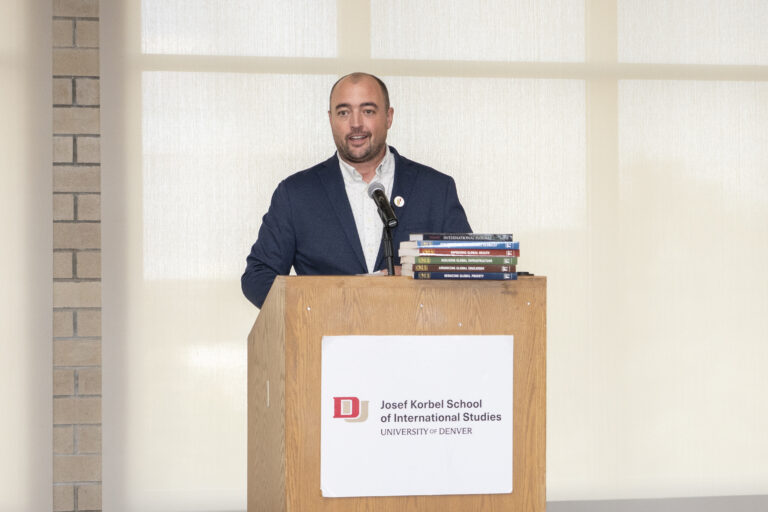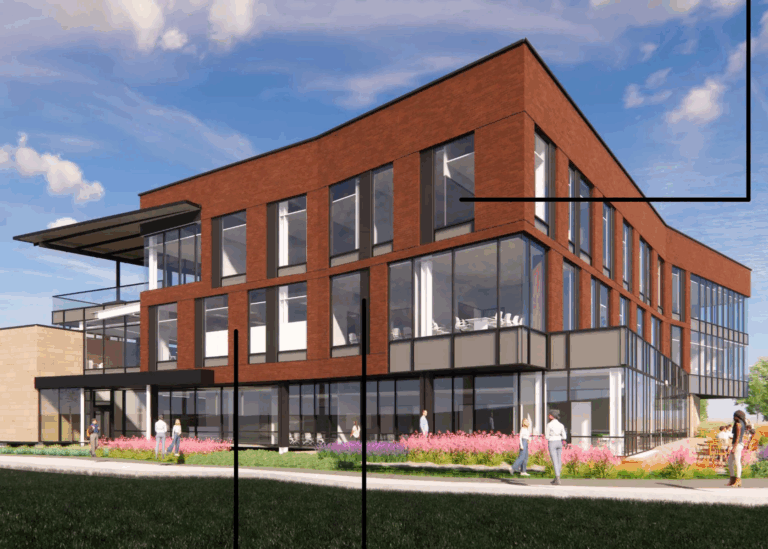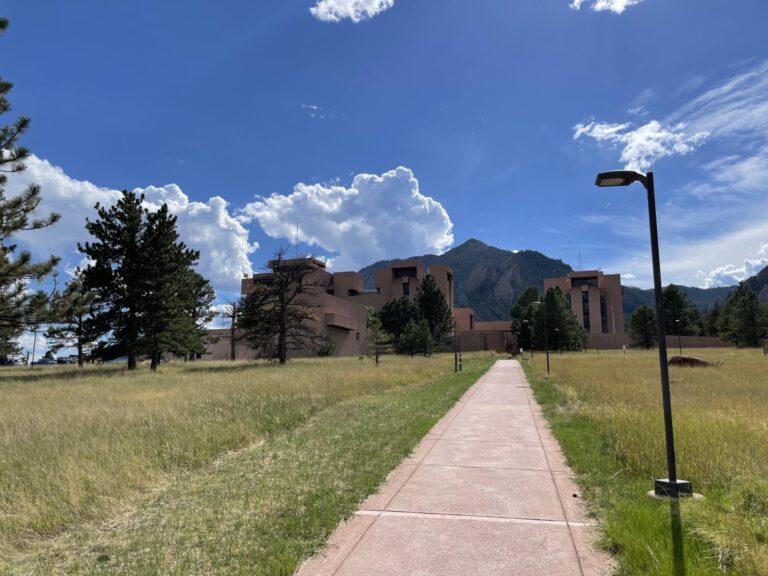FORT COLLINS — A regional food business center led by Colorado State University and funded by the U.S. Department of Agriculture has selected 116 small and medium-size farm and food business projects in Colorado, the Mountain West and the Pacific Northwest to fund with nearly $2 million in grants.
The projects are being funded through a Business Builder Grant Program, which is supported by the Northwest and Rocky Mountain USDA Regional Food Business Center.
Launched in 2023, the Northwest and Rocky Mountain Center — which covers Colorado, Idaho, Montana, Oregon, Washington and Wyoming — is one of 12 regional food centers created by the USDA to support regional collaboration and funding opportunities for food and farm businesses. The Northwest and Rocky Mountain Center is led by CSU in partnership with Oregon State University and has the goal of expanding market access and fortifying local and regional food supply chains.
As of May, the center had awarded nearly $2 million to 116 projects. This includes 38 grants to Colorado businesses, totaling $440,000. The center eventually will distribute a total of $6.75 million in Business Builder Grant funding.
“One of the most exciting opportunities the center allows us is the chance to invest in innovative farms and food companies,” Dawn Thilmany, director of the Northwest and Rocky Mountain Regional Food Business Center and a CSU professor in the Department of Agricultural and Resource Economics, said in a prepared statement. “We have spent years providing education and technical assistance hoping it sets managers up for success, but now we can finance and seed their clever strategies and plans they created in our programs.”
In Colorado, grants were awarded to projects in the Denver metro area as well as several spread across rural Colorado. For example, the Ray Family Farm in Yuma County is investing in a frozen-meat vending machine to provide easier access to locally sourced pork; a dairy in Montrose County will expand production, offering additional fresh, pasture-raised milk to meet demand in underserved communities; and the Pueblo Seed and Food Co. aims to expand distribution of drought-hardy organic grains and legumes, preserving water-efficient crop varieties, through branded packaging and expanding milling capacity.
Grants were also awarded to projects in the five other states.
“It’s incredibly rewarding to witness so many Colorado agricultural producers and food businesses benefiting from the Business Builder Grant Program,” Brian Coppom, agricultural loan program manager with the Colorado Department of Agriculture and the state of Colorado’s co-lead for the Northwest and Rocky Mountain Food Business Center, said in a news release. “These awards represent a meaningful investment in business resilience and expanded market opportunities for agricultural operations across the state.
“We’re also deeply grateful to Colorado State University and Oregon State University for their leadership in bringing this innovative program to life,” Coppom said. “The Business Builder grants are laying the groundwork for a stronger, more resilient future for Colorado agriculture.”
Author
-

With BizWest since 2012 and in Colorado since 1979, Dallas worked at the Longmont Times-Call, Colorado Springs Gazette, Denver Post and Public News Service. A Missouri native and Mizzou School of Journalism grad, Dallas started as a sports writer and outdoor columnist at the St. Charles (Mo.) Banner-News, then went to the St. Louis Post-Dispatch before fleeing the heat and humidity for the Rockies. He especially loves covering our mountain communities.
View all posts
